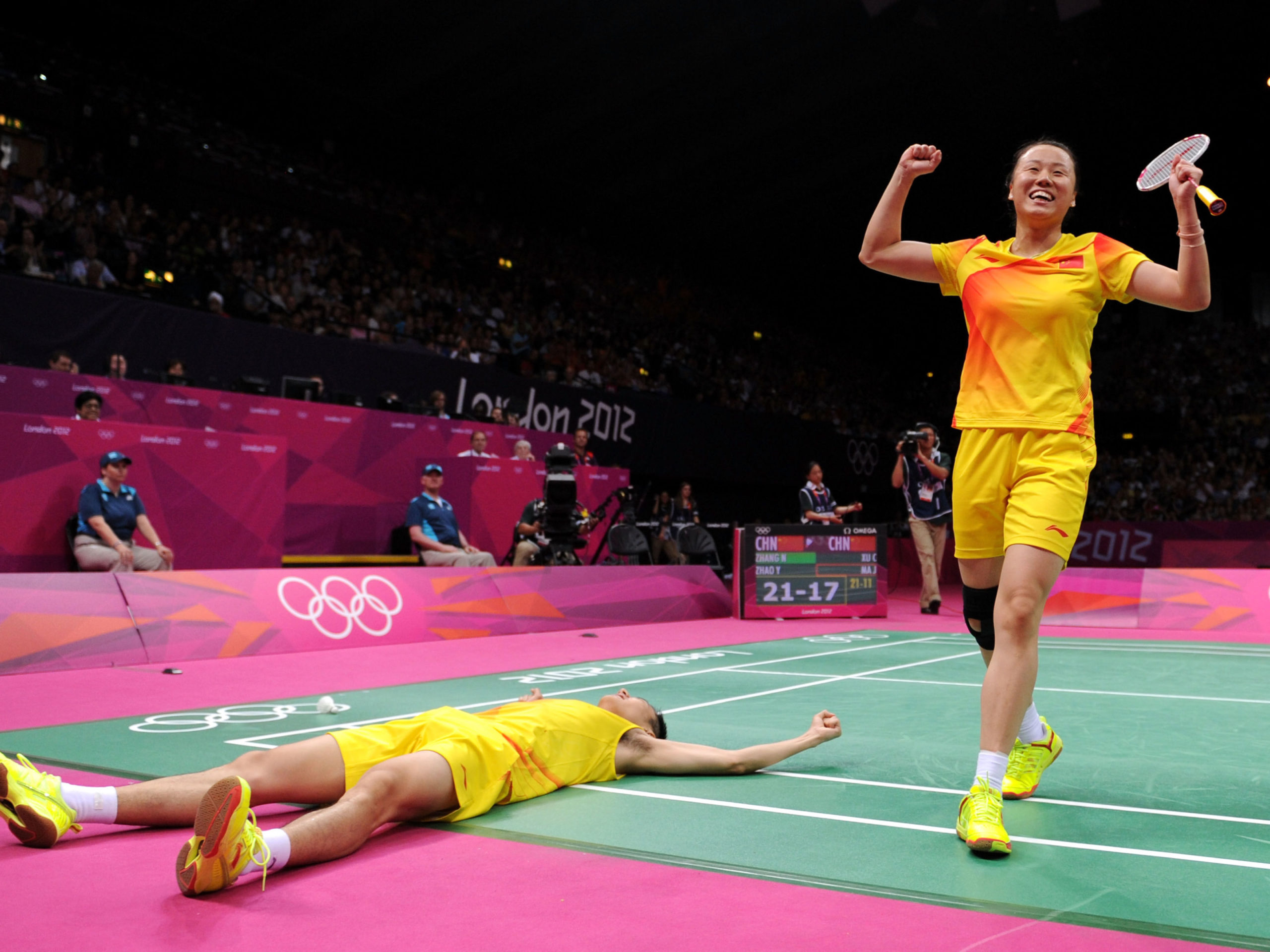Badminton, a dynamic and fast-paced racquet sport, has a rich history that spans centuries and continents. From its ancient origins to its current status as a popular Olympic sport, badminton has evolved significantly over time. This article explores the fascinating journey of badminton, highlighting key milestones and developments that have shaped the sport.
Ancient Origins
The roots of badminton can be traced back to ancient civilizations. A game known as “battledore and shuttlecock” was played in ancient Greece, China, and India over 2,000 years ago.
In this early version, players used a simple paddle, called a battledore, to hit a shuttlecock back and forth, aiming to keep it airborne for as long as possible.
Evolution in British India
The modern game of badminton began to take shape in British India during the mid-19th century. British military officers stationed in India were introduced to a local game called “poona” (or “pune”), which involved a net and racquets. Enthusiastic about the game, these officers brought it back to England, where it quickly gained popularity.
Birth of Modern Badminton
The definitive moment for modern badminton came in 1873 when the Duke of Beaufort hosted a lawn party at his estate, Badminton House, in Gloucestershire.
It was here that the game was played with rules resembling those of contemporary badminton, earning the sport its name. The Bath Badminton Club, founded in 1877, formalized the rules, which have remained largely unchanged.
Establishment of the Badminton Association
In 1893, the Badminton Association of England was formed, solidifying the sport’s presence in England and beyond. The first All England Open Badminton Championships, the world’s oldest badminton tournament, were held in 1899. This event marked the beginning of competitive badminton as we know it today.
International Expansion
Badminton’s popularity spread rapidly across Europe and Asia in the early 20th century. The International Badminton Federation (IBF), now known as the Badminton World Federation (BWF), was established in 1934, bringing together nine founding member countries: Canada, Denmark, England, France, Ireland, the Netherlands, New Zealand, Scotland, and Wales. This organization has been pivotal in promoting and regulating the sport globally.
Badminton as an Olympic Sport
A significant milestone in badminton’s history was its inclusion in the Olympic Games. After being a demonstration sport in the 1972 Munich Olympics, badminton made its official Olympic debut in the 1992 Barcelona Games.
Since then, the sport has continued to grow in prestige and popularity, with countries like China, Indonesia, South Korea, and Denmark emerging as dominant forces in international competitions.
The Game Today
Today, badminton is played by millions of people around the world, from casual players in parks to elite athletes competing in international tournaments. The game is known for its speed, agility, and precision, requiring a combination of physical fitness and strategic thinking. The BWF continues to govern the sport, ensuring standardized rules and promoting its development globally.
Online Badminton Games
In recent years, the digital age has provided a platform for the sport’s expansion. Online platforms and resources have made learning and playing badminton more accessible. Websites like sulkapallo offer comprehensive rules and tips, helping new players understand the game. Additionally, online communities and social media groups have sprung up, allowing enthusiasts to connect, share advice, and organize virtual and in-person games.
Conclusion
Badminton’s journey from ancient battledore and shuttlecock to a respected Olympic sport is a testament to its enduring appeal and adaptability. Its rich history is marked by cultural exchanges, formalized rules, and international cooperation. As badminton continues to evolve, it remains a beloved sport for people of all ages and skill levels, reflecting both tradition and modernity. Whether played on a lawn, in a gym, or online, badminton’s legacy as a dynamic and engaging sport is firmly established.




Be First to Comment